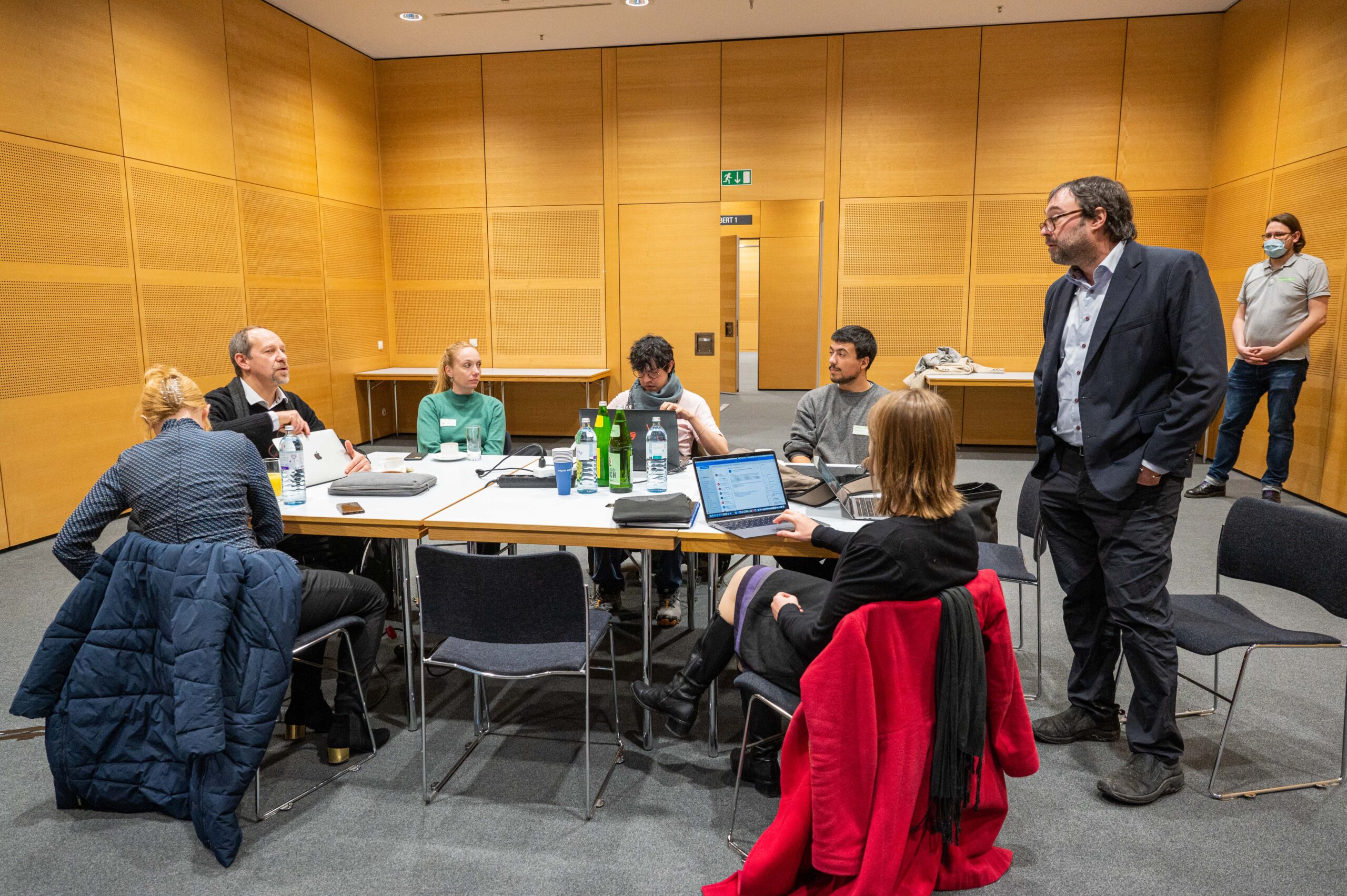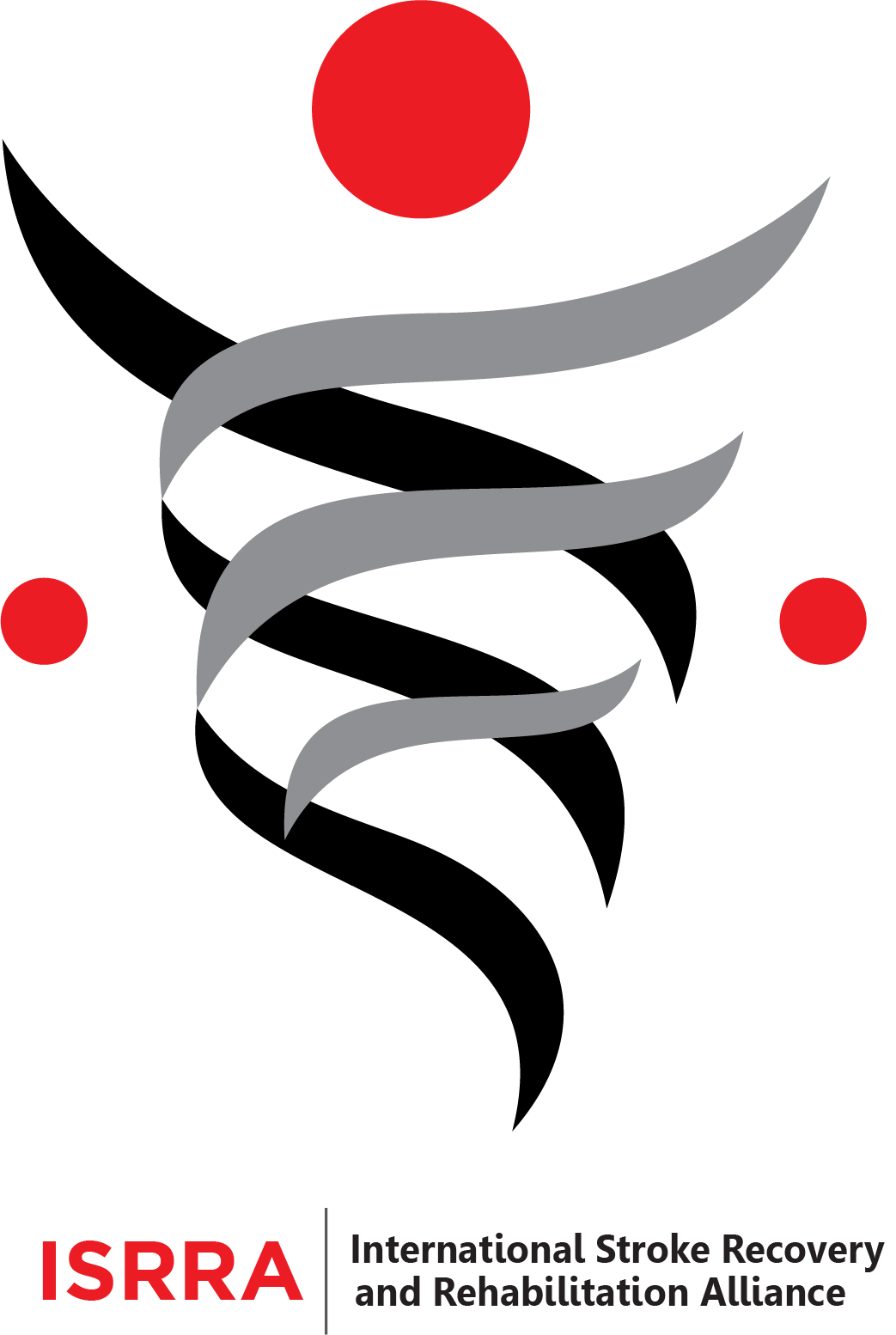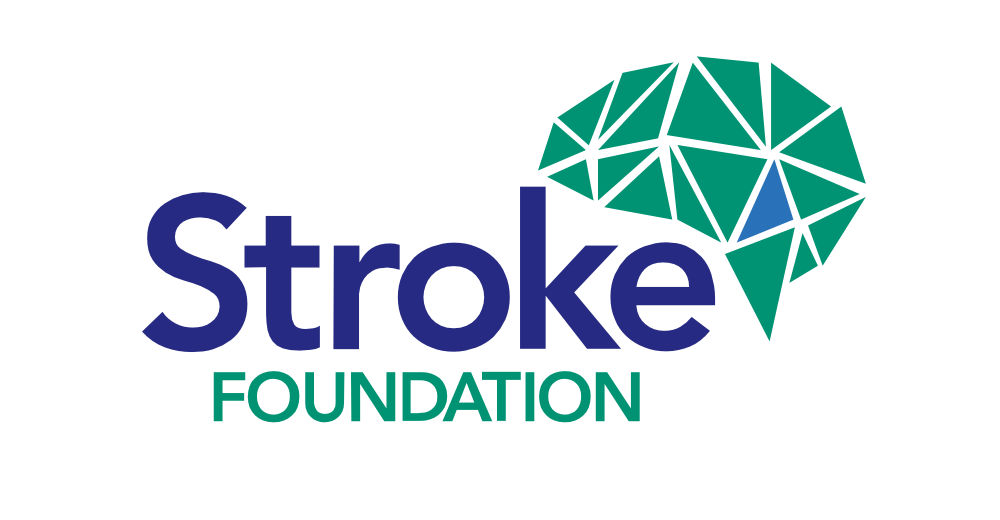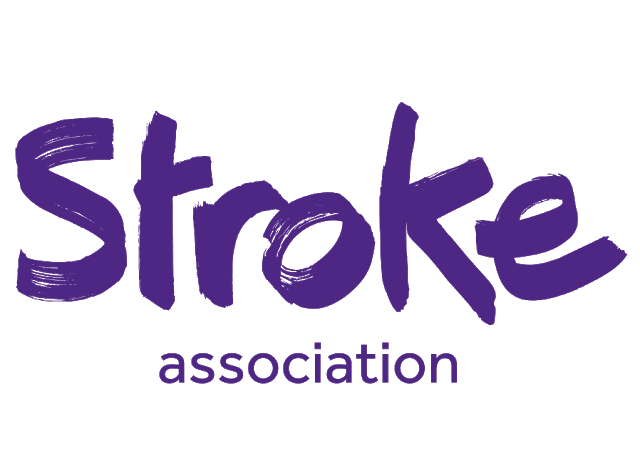For Researchers



If you are a stroke researcher, you might be also be interested on the information below.
In this page, we provide connections with external organizations dedicated to serving people with lived experience of stroke you will be able to:
- Request stroke participants for a research project
-
Completing research training modules specific to stroke
- Stroke Association (UK) top research priorities
- Explore resources for helping researchers engage people with lived experience in stroke research


Request stroke participants for your research project
Contact the Stroke Foundation of Australasia to offer opportunities to people with lived experience of stroke to participate in your stroke-related research project

Stroke research training modules
Learning objectives
- Identify the ways in which lived-experience contributors add value to your research.
- Identify key actions and behaviours that will help you work most effectively with lived-experience contributors.
- Understand and plan for the accommodations you may need to provide for your lived-experience contributors.

Stroke research priorities (UK)
Priority areas for research across the stroke care pathway (UK based)
Resources for researchers looking to engage people with lived experience in stroke research:
Stroke Foundation of Australia: Online Learning Module (40 minutes)
Cost: Free
In this introductory module for researchers, you’ll explore how to work effectively with lived-experience contributors. The module features ‘top tips’ along with some working examples of successful research partnerships.
Centre of Research Excellence to Accelerate Innovation and Translation in Stroke Trials: Co-design & Collaboration Resources
Cost: Free
Curated toolkits, resources, publications, fact sheets, templates, methods, frameworks, and more to support research affiliates to engage with people with lived experience of stroke at all stages of the research cycle.
Click here to learn more
Kids Telethon Institute: Online Course
Cost: $75AUD + GST
This is an introductory course for researchers aimed at helping them understand the value and importance of consumer and community involvement in research. The course also covers some of the practical considerations and how to get started.
Click here to learn more
Australian Clinical Trials Alliance: Online Toolkit
Cost: Free
This is an interactive toolkit for researchers and research organizations. The focus of the toolkit is clinical trials, but the content is relevant to other types of research. It covers planning, undertaking, and evaluating consumer involvement in research.
Click here to learn more
National Health and Medical Research Council of Australia: Webpage
Cost: Free
Webpage with links to a range of resources from other disease-specific groups including downloadable frameworks, measuring alignment, effectiveness, impact, self-assessment, and guides.
Click Here to learn more
National Institute for Health and Care Research, UK: Webpage
Cost: Free
This PPI and engagement resource pack is created by the National Institute for Health and Care Research for senior investigators
Click here to learn more
National Institute for Health and Care Research, UK: Standards
Cost: Free
The UK Standards for Public Involvement are designed to improve the quality and consistency of public involvement in research. There are six standards each with supporting materials.
Click here to learn more
Ontario SPOR Support Unit: Website
Cost: Free
Website with Patient Engagement Resources including:
– Patient-Researcher Partnerships
– Partnering with Citizens in health Research
– Researcher Orientation to Patient Partnership
– Understanding the Patient Experience
– Patient Engagement in Primary Health Care Research
– Patient and Public Engagement Evaluation Toolkit
Click here to learn more
Patient Centred Outcomes Research Institute: Wesbite
Cost: Free
Foundational Expectations for research partners; working as a team with stakeholders;guide for engaging research partners with data analysis; Engagement tool and research repository. Foundations for partnership are explained.
Click here to learn more
Point of Care Foundation: Guide
Cost: Free
This toolkit supports people using experience based co-design, which is a particular method that can be used when working with consumers and healthcare workers in healthcare improvement. Included is a 16 part step-by-step guide to the process along with case studies.
Click here to learn more
